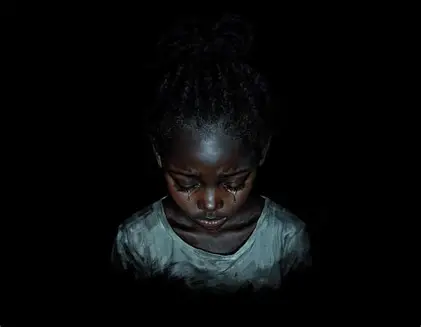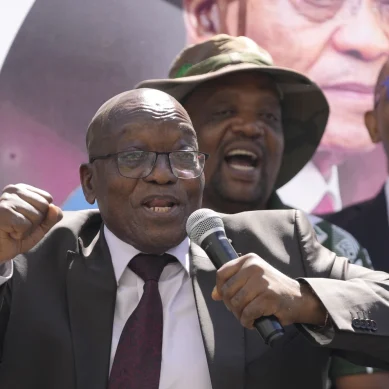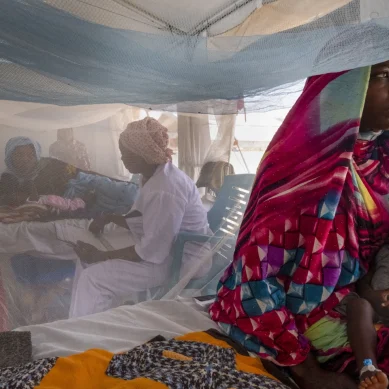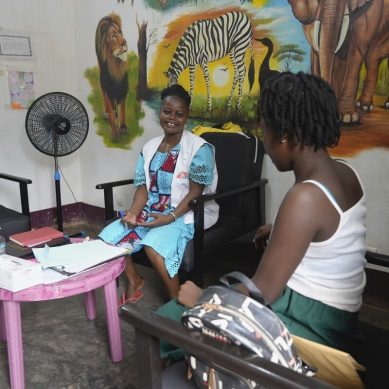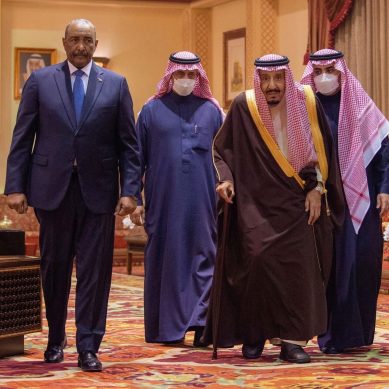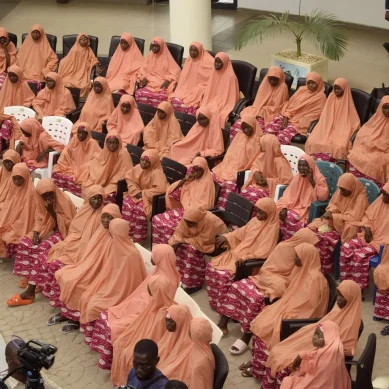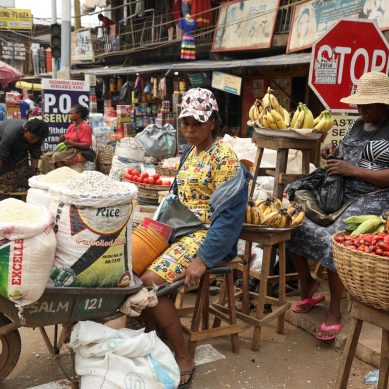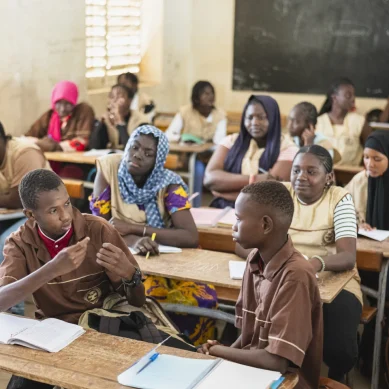Pushed out of power on charges of graft and rape, South Africa’s ex-president Zuma returns to torment ruling ANC
One big reason is Jacob Zuma, the former president and ANC leader who stepped down in disgrace in 2018 amid a swirl of corruption allegations but has emerged in recent months with a new political party. It intends to be a major election player as the former president seeks revenge against former longtime allies.
Nigerian separatist leader arrested in Kenya will know fate of bail application next month
Justice Binta Murtala Nyako, who denied Kanu bail last month, had wanted to commence his trial on Wednesday. Nyako set May 20 for ruling on Kanu’s application to restore his bail or to be moved to prison or house arrest from custody of the Department of State Services (DSS), a security agency.
Aid agency’s warnings of dire situation in Sudan prompt donors pledge $2.1 billion to off famine
Sudan descended into conflict in April last year when simmering tensions between the military and the paramilitary Rapid Support Forces exploded into open fighting in the capital, Khartoum, and elsewhere across the country.
South Africa recalls toxic J&J’s cough syrup currently retailing in six African nations
Kenya and Nigeria have already issued recalls for the same syrup, which is used in the treatment of hay fever and other allergic conditions affecting the upper respiratory tract.
Russian Wagner mercenaries mutate into beasts that are raping women in Central African Republic with abandon
A local fighter who works with Wagner asserted that he saw six of the Russians rape a local woman in the tent where he was sleeping at their base in Bambari in early 2023. He said the Russians give women canned food like sardines or bottled water afterward. He spoke on condition of anonymity for fear of reprisal. The Russian government didn’t respond to questions.
Resources war: Sudan conflict is a case of military orchestras conducted by foreign interests
The influence of outside players has loomed over events in Sudan since the overthrow of former leader Omar al-Bashir during a popular uprising five years ago.
Ten years after Chibok and 100 girls still held, Nigerian families cope with trauma of more school kidnappings
Unlike the Islamic extremists that staged the Chibok kidnappings, the deadly criminal gangs terrorising villages in northwestern Nigeria are mostly former herdsmen who were in conflict with farming host communities, according to authorities. Aided by arms smuggled through Nigeria’s porous borders, they operate with no centralised leadership structure and launch attacks driven mostly by economic motive.
World Bank: African economies’ growth won’t be strong to dent poverty despite positive forecast
The East African Community region, in contrast, is expected to grow 5.3 per cent this year, due to strong growth in Kenya, Rwanda, Uganda and the Democratic Republic of Congo. West Africa’s biggest economy, Nigeria, is forecast to grow 3.3 per cent this year, below its long-term average.
School: Senegal embarks on integration of deaf and hard-of-hearing with learners with hearing ability
Senegal lacks a national strategy for inclusive education, but it is developing one. Recent political instability in the West African nation has hindered progress. The challenges are compounded by a stigma that some in Senegal associate with disabilities. Some parents hide their children and prevent them from participating in society.
South African court greenlights Zuma to vie for presidency on Umkhonto Wesizwe Party
The Independent Electoral Commission had earlier ruled that Zuma could not run for office due to his criminal record, after it received an objection against his candidacy. South Africa’s constitution does not allow people who have been convicted of a crime and sentenced to more than 12 months in prison without the option of a fine to stand for elections as lawmakers.

